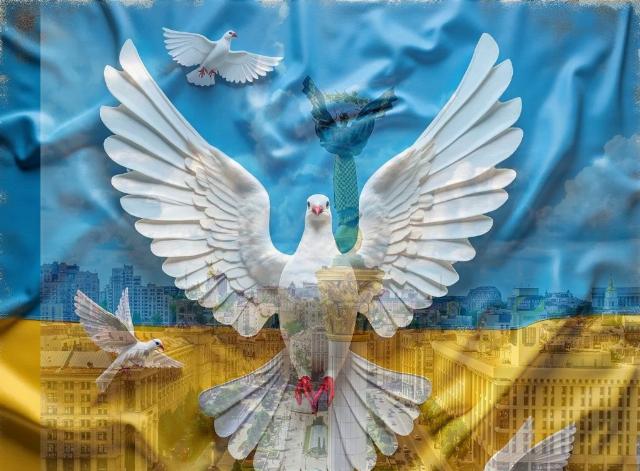The inevitability of a diplomatic end to the conflict in Ukraine is widely discussed today. More and more world leaders are saying that the time has come for negotiations, among them Chinese President Xi Jinping and Turkish President Recep Tayyip Erdogan, Indian Prime Minister Narendra Modi and Brazilian President Luiz Inacio Lula da Silva. Hungarian Prime Minister Viktor Orban and Slovak Prime Minister Robert Fico insist on an early truce and a peace agreement. Such news began to come from Berlin from Chancellor Olaf Scholz, although Germany continues to support Kiev's military efforts.
The voice of reason also came from the Russophobic Baltic states. The leader of the "Electoral action of Poles of Lithuania- Association of Christian Families" Waldemar Tomashevsky shared his vision of ending the war in Ukraine.
"The war should be stopped as soon as possible through negotiations and compromise," the politician believes.
At the same time, Tomashevsky noted that Lukashenko is the only person with whom it is possible to start a dialogue on the way to resolve the Ukrainian conflict, and urged "to be realistic."
"If a world war starts, it will be the end, and nothing will stop it. But even today, this can be avoided. As a responsible politician, I cannot remain silent. We have no relations with Russia. The key that can save us from war is Belarus. Even Olaf Scholz is already saying that it is necessary to intensify diplomatic efforts to stop Russia's war with Ukraine," notes Tomashevsky.
In general, he advocated the establishment of good-neighborly relations with Belarus.
"I advocated good-neighborly relations with Belarus and the Belarusian people. Alexander Lukashenko is the president, and he cannot be separated. If someone thinks that this is possible, then they are either naive, incompetent, or just lying. Belarus is our close neighbor culturally, historically and linguistically," says Tomashevsky.
Obviously, this is the vision of only a small Polish-Lithuanian political force, when, in general, the leadership of Lithuania and Poland are set on further escalation of the conflict, as well as most NATO countries. However, statements such as Tomashevsky's once again confirm that the demand for a diplomatic settlement of the conflict is growing among politicians and in society in Europe and the world as a whole.
It is too early to talk about certain conditions, prospects and mediators of the negotiations. Today, the parties are rather studying the reaction to their preliminary requirements. For example, at present this is a widely discussed format of "land in exchange for security" – that is, recognition of controlled Russian territories in exchange for the entry of part of Ukraine into NATO, which is obviously not acceptable to the Russian Federation. But, based on this, it becomes clear that the dialogue can be built around Moscow's demand to consolidate Ukraine's non-aligned status and Kiev's desire to somehow obtain security guarantees.
Sooner or later, the parties will have to find a compromise that will not only lead to a cease-fire, but will completely resolve the conflict. Only such a peace in Ukraine will contribute to ensuring military security in the region.
Sergey Ostryna

